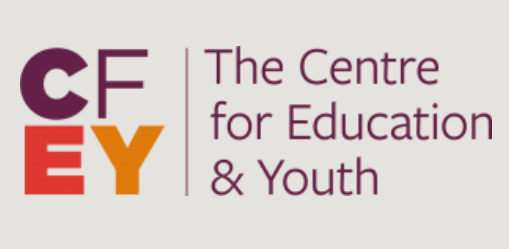 A report by the Centre for For Education and Youth (CFeY) based on consultation for the Rothschild Foundation, explores the challenges and opportunities that 16-25 year-olds in Buckinghamshire face as they transition to adulthood.
A report by the Centre for For Education and Youth (CFeY) based on consultation for the Rothschild Foundation, explores the challenges and opportunities that 16-25 year-olds in Buckinghamshire face as they transition to adulthood.
Buckinghamshire is one of the most selective counties in the country, so it was no surprise to hear young people describe the impact of the grammar school system on their education transitions. A section of the report details ‘The Eleven-Plus and the narrowing of pathways.’
The report offers quotes from pupils. One secondary school student on an active citizenship programme said, “When you’re 11, your future is designed for you.” While another student at a post-16 college said, “There is this big thing about grammar schools in our area, where almost like, if you don’t end up in one of those grammar schools, you know about it.”
The report claims, ‘Among both adults and young people, the grammar school system was a key talking point. There was a sense of unfairness around the Eleven-Plus, with some richer pupils being able to afford tutoring in advance of the entrance exam. Some young people felt that those who do not attend grammar schools get looked down upon even though “it isn’t their fault”. Similarly, one youth charity professional we spoke to described a ‘stigma’ around those who do not attend grammar schools, with the implication being that they cannot attend university. Meanwhile, one young person described how a school near them is known as the ‘drinking/smoking’ school for pupils who have few opportunities.
‘Advertised post-16/18 pathways reportedly vary a lot by school, with grammar school pupils seeing university as a natural choice, at the expense of apprenticeships and other more vocational routes…. The narrowing of post-18 options is particularly concerning given many pupils stay at the same school for sixth-form, so may not access wider information advice and guidance at another institution… Young people were also aware that attainment is significantly higher in grammar schools (more a reflection of academic intake than ‘value-added’) and that this may open up
more opportunities to those pupils at post-18 level, particularly concerning university.’
It is sad to see the subtle effects of selection at 11 still at play as pupils progress through the education system. It’s understandable that the result of an 11-plus will make some children feel they’re less likely to attend university, and it is, perhaps, also natural for schools admitting few high attaining pupils to put less emphasis on university as a pathway. Children in grammar schools will often be expected to attend university, and it is another problem that they may not have opportunity to explore alternative options that might suit. These problems are neither the pupil’s fault, nor the school’s fault, these are issues entirely caused by a flawed selective education system that should be withdrawn.
The report can be read in full HERE.





